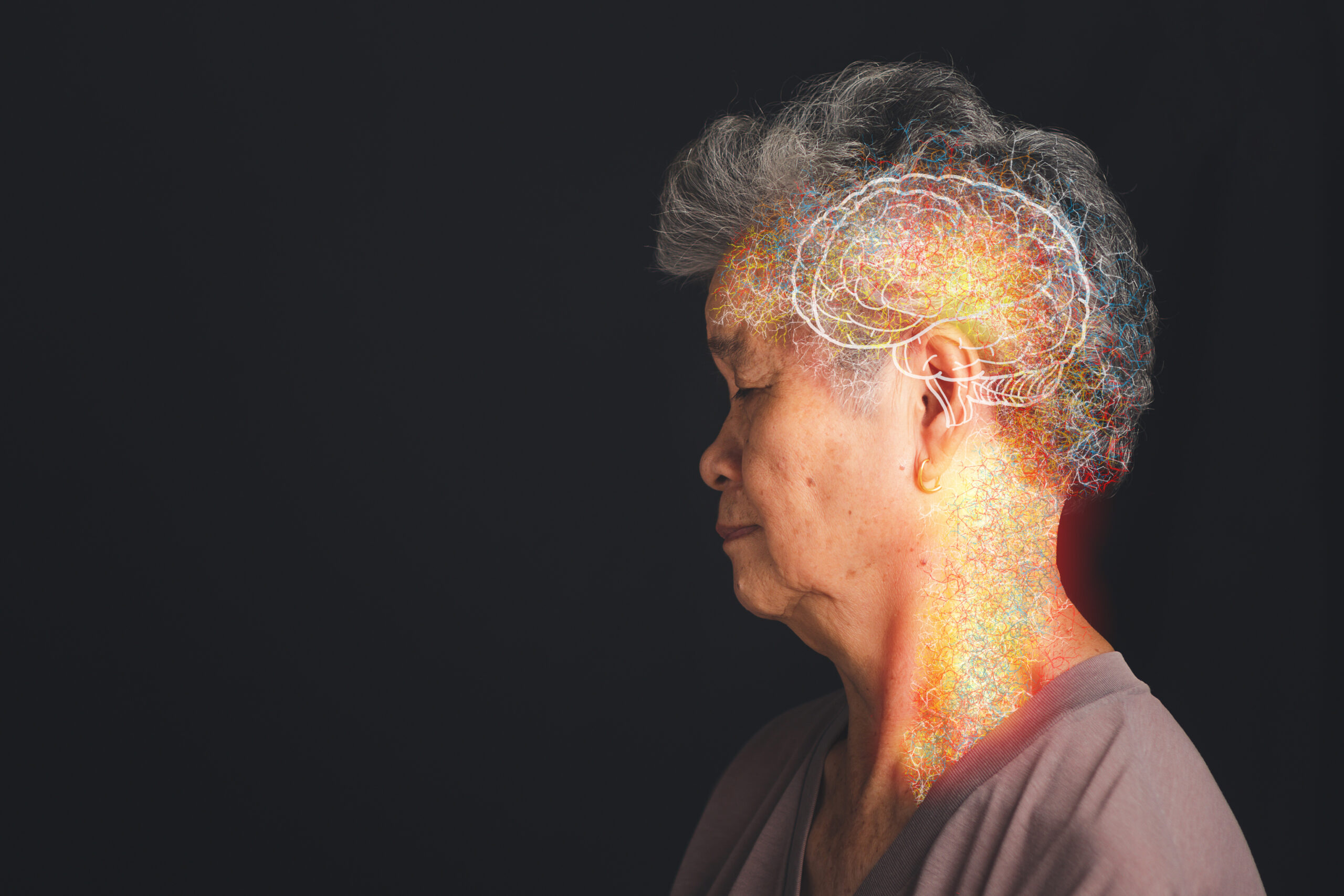Understanding the importance of personalized dementia care plans
When someone is living with dementia, their needs and experiences are unique. This is why **personalized dementia care plans** are so important—they focus on the individual, not just the disease.
Dementia affects memory, thinking, and behavior in different ways for each person. A one-size-fits-all approach doesn’t work well because what helps one person might not help another. Personalized care plans take into account a person’s history, preferences, strengths, and challenges to create support that truly fits them.
One key benefit of personalized care is that it helps maintain dignity and respect. Instead of treating someone as just a patient with dementia, caregivers see them as a whole person with feelings and memories that matter. This approach can reduce frustration and anxiety for both the person living with dementia and their family.
Personalized plans also improve safety by addressing specific risks like wandering or confusion in certain situations. Caregivers can design environments or routines tailored to prevent accidents while encouraging independence where possible.
Moreover, these care plans often involve family members closely because they know the loved one best. Their input ensures that daily activities—like meals, social interactions, or hobbies—are meaningful rather than generic tasks.
Programs like Medicare’s GUIDE model highlight how coordinated support through trained professionals can make personalized care accessible without financial strain. They offer services such as 24/7 support hotlines and respite breaks for caregivers to help manage this demanding role more effectively.
In essence, personalized dementia care plans create a roadmap designed around an individual’s life story rather than just medical symptoms alone. This thoughtful attention fosters better quality of life by blending safety with compassion tailored uniquely to each person’s journey through dementia.





